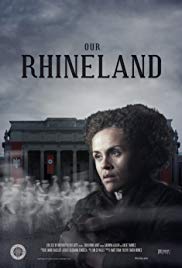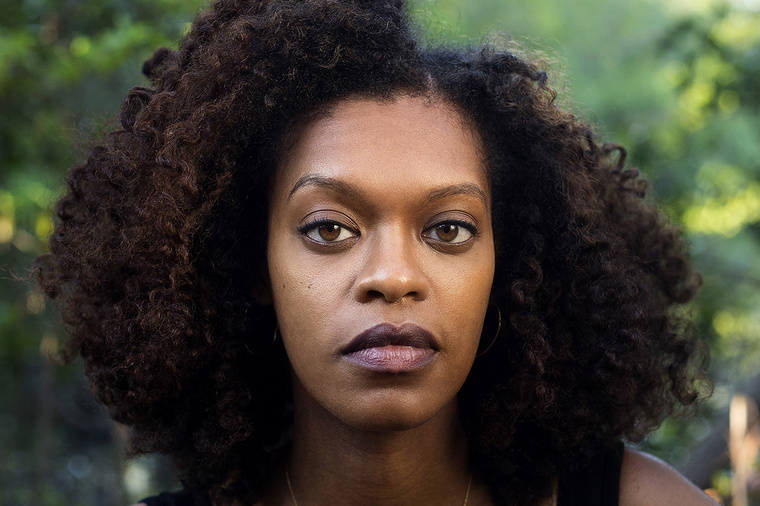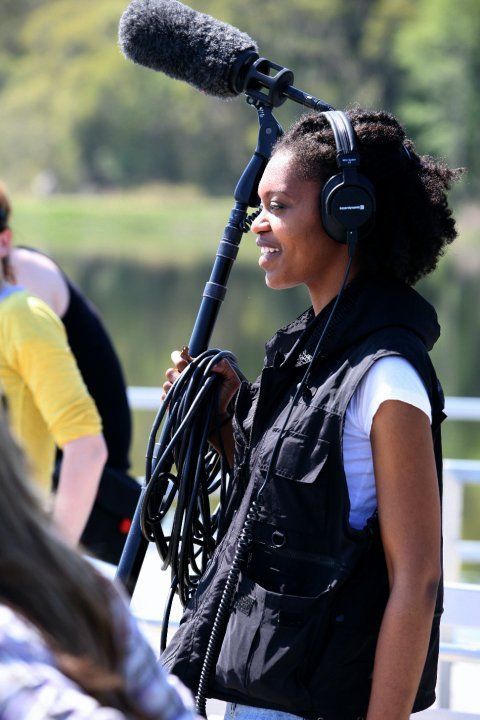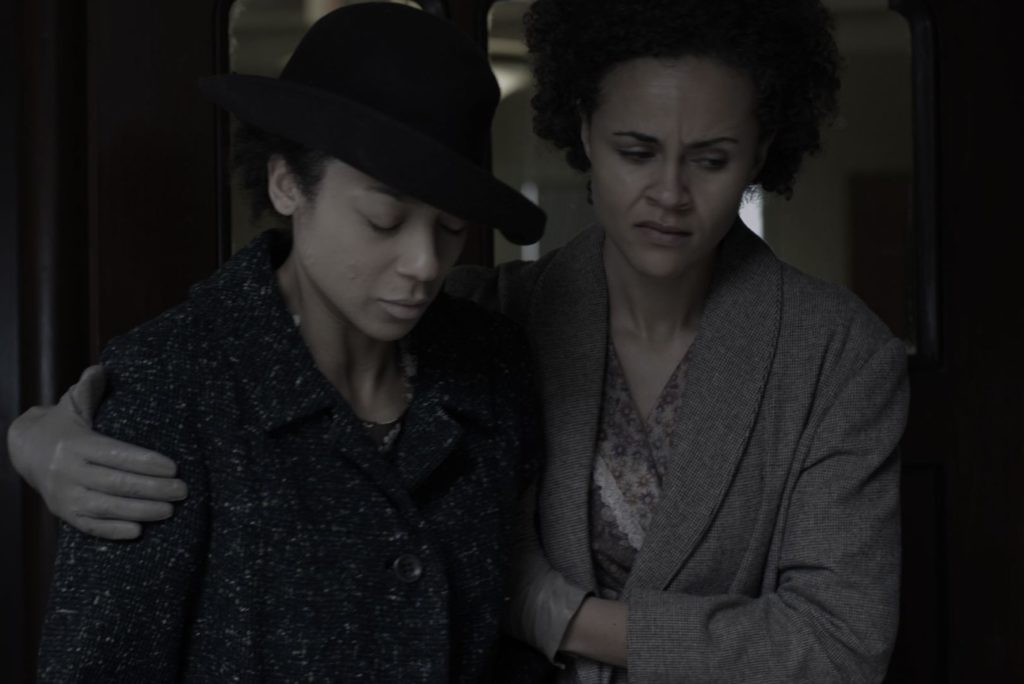
Set in 1937 Third Reich Germany and focusing on a pair of Afro-German women, Our Rhineland is a drama that proposes a major question: during a period of struggle, would you die to save your sister, your brother, or a close friend?

Our Rhineland was written and directed by Faren Humes, an independent filmmaker. This is one of four films (Liberty – 2019, Macho 2016, Our Rhineland – 2011, and Nasir – 2010) she has thus far completed. Conceiving and accomplishing a project such as this is a daunting achievement especially considering that this movie is set in a different time, different place, and in a different culture.
When I came across this brief but tautly drawn movie I was immediately smitten. Especially by how well the actors were guided through their reactions and interactions. Moreover, the German language script with English subtitles was particularly effective in evoking the choice between the activism of struggle against oppression versus trying to find ways to accommodate and thus survive under oppressive regimes.
While surely silence in the face of lethal oppression equals death, on the other hand activist opposition is often equally a death sentence. Perhaps, in certain circumstances, our choice is, reductively in the final analysis, selectively deciding and acting not only on how we choose to live, but also on how we choose to die. This hard choice was famously articulated by Jamaican immigrant and poet Claude McKay in his 1919, Harlem Renaissance era, anthemic sonnet “If We Must Die”.
Humes shows that how one lives, either accepting or fighting back, is no easy choice and that both sides have consequences that affect and forever alter one’s life cycle. Humes has said “The inherent need for freedom, and how it manifests as resistance once threatened by systems of oppression, is strung throughout all of [my] subject matter.”

Ms. Humes’ work encouraged me to recall my own journey to filmmaking. In the fall of 1964 during my brief, two trimester, stint at Carleton College in Northfield, Minnesota, I was introduced to what was then called “art house” cinema. When I saw “Kanal” directed by Andrzej Wajda, the Polish filmmaker became a life long influence on me.
Before that in 1959 while in junior high school, under the inspiration of Mr. Conrad, my seventh grade industrial arts teacher, I became a photographer. A Yashica twin lens reflex was the first camera I bought.

Over a half century after high school, I saw Faren Humes’ daring project and was thoroughly moved. Subsequently, I have never forgotten this brief masterpiece that became one of my all time favorite movies. Even when I couldn’t remember the film’s title, I could easily recall the bleak but nonetheless inspirational storyline focusing on sacrifice and the particular clash that happens when two who are close have different opinions about which way to go.
Do you split at the crossroads, or do you choose to make an ultimate sacrifice? What I found truly amazing is how deep Humes went in a short sixteen minutes. She was deft in her employment of semiotics, using images to tell complex stories and particularly to center on the importance, as well as the risks, of exhuming and exposing the buried contradictions of a society. Humes’ insightful artwork has won the Director’s Guild of America Student Film Award and an Academy of Television Arts & Sciences College Television Award. Early on Humes evidenced artistic skill and vision.
Beaucoup years later during an internet deep fishing expedition, I was overjoyed to again come across Faren Humes’ project and now I share the quarter-hour film. Observe, consider and enjoy.
